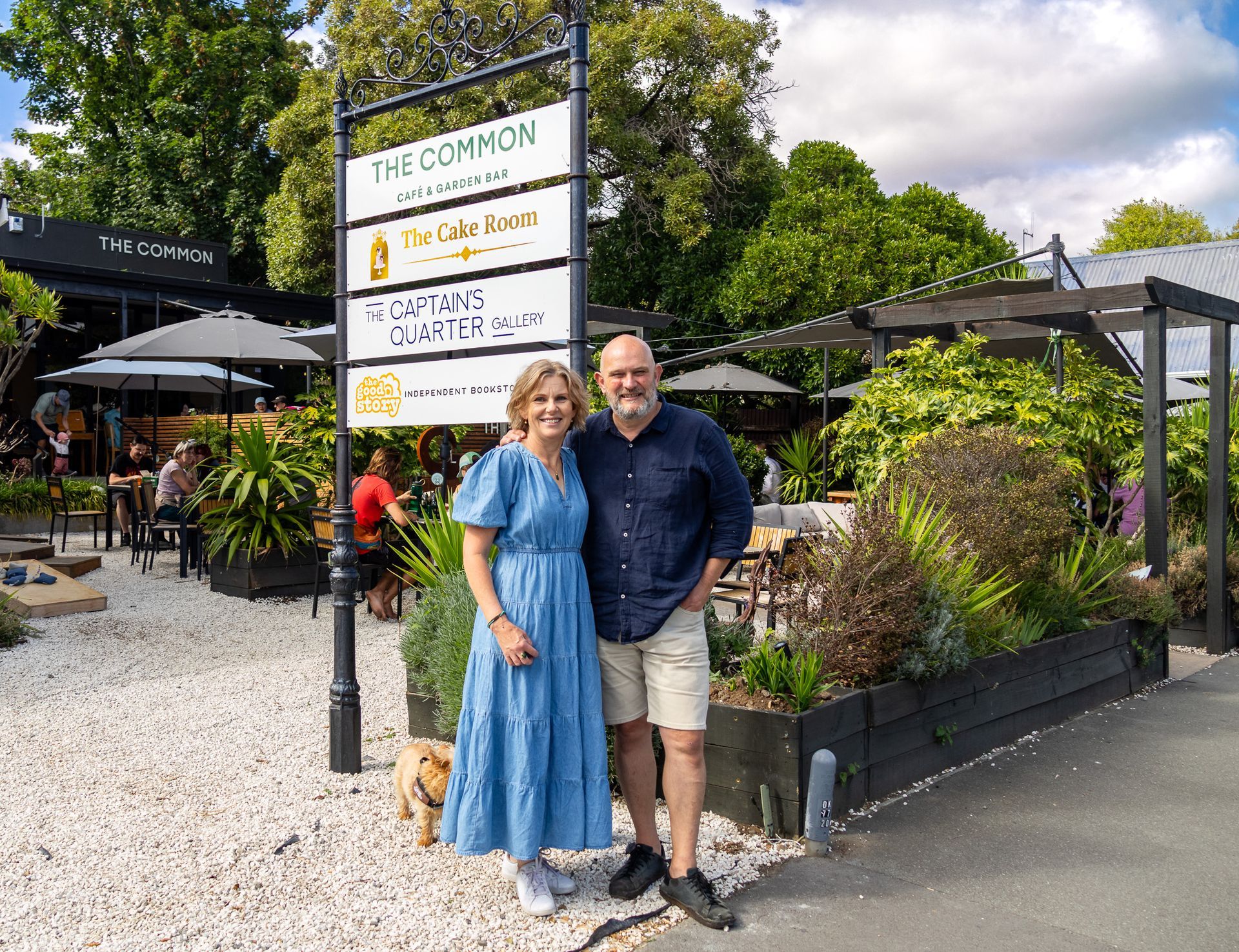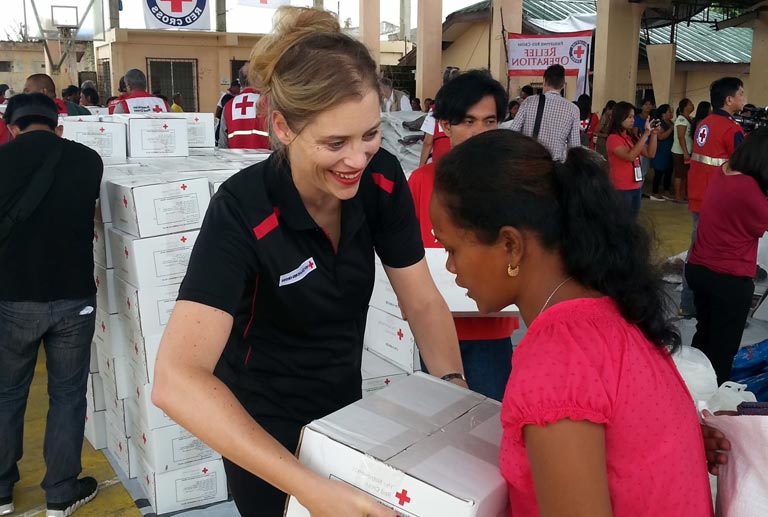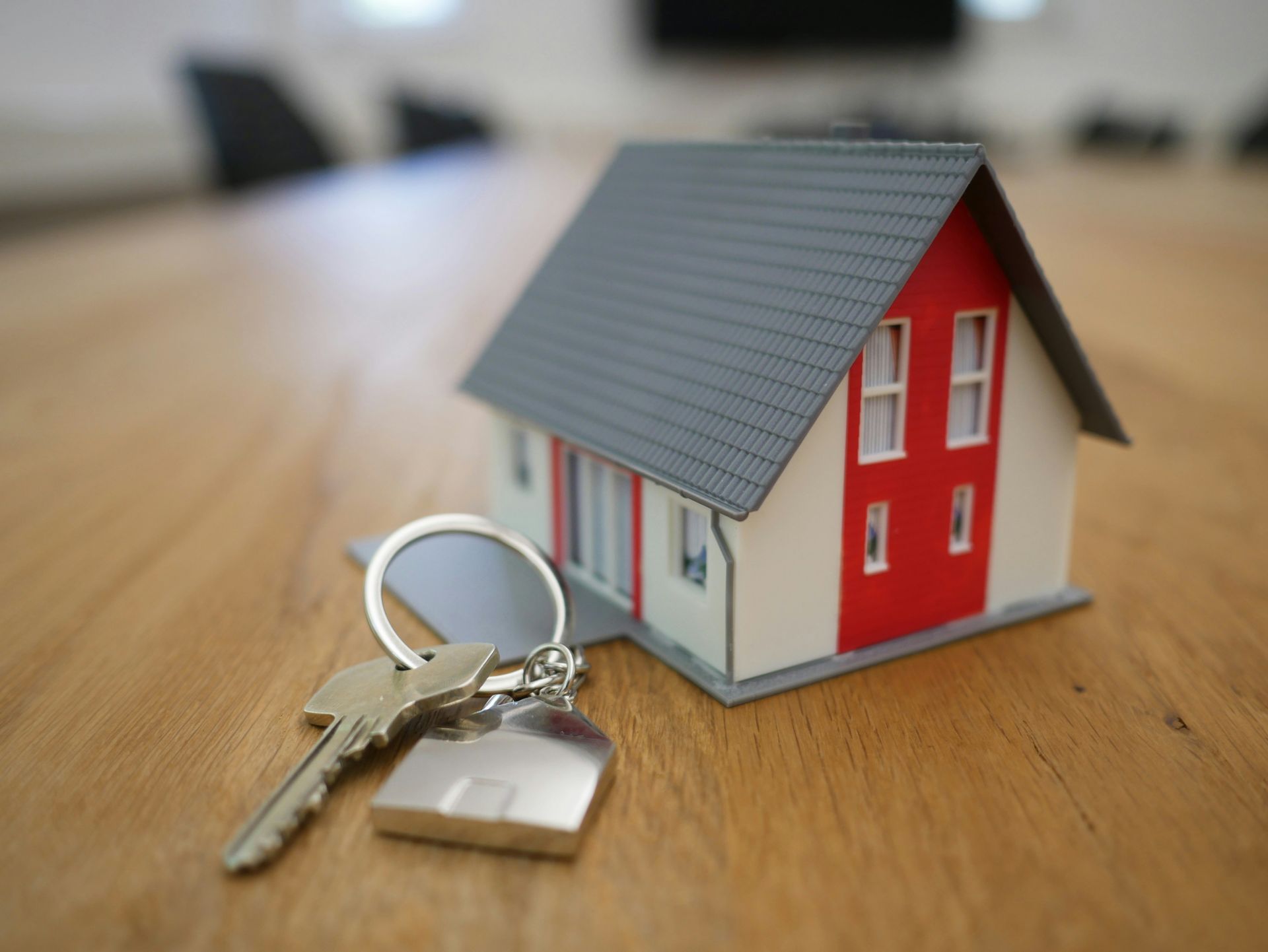Two women who have worked extensively in disaster recovery around the world share some tools for getting through COVID-19.
Lessons learned about resilience from the Christchurch earthquakes have not been forgotten by two women – Elizabeth McNaughton and Jolie Wills – who were both working for New Zealand Red Cross at the time.
Today, their wellbeing and resilience agency – Hummingly – is an acknowledged global leader in the field of disaster recovery. Together with Dr David Lallemant (founder of the Stanford Urban Resilience Initiative), they even wrote the canonical manual on the subject, Leading in Disaster Recovery: A Companion through the Chaos.
Elizabeth, based out of Wellington, likes to quip that her career has literally been built on a series of disasters, starting with the 2004 Boxing Day Tsunami. She has worked for large aid agencies and led disaster recovery efforts around the globe. She led the Red Cross earthquake recovery programme here, as well as a learning legacy project after the Christchurch earthquakes. Jolie is a Christchurch-based cognitive scientist who hadn’t originally chosen disaster as a career but observes that with the Christchurch earthquakes, disaster came looking for her, fuelling her research on psychosocial recovery from disaster and disruption.
Having met through their Red Cross work during the Christchurch earthquakes, the two joined forces to develop some useful and practical disaster resilience tools. With support from the Winston Churchill Memorial Trust, they researched learnings on leadership through disaster and how people respond to – and get through – times of prolonged stress. Their ground-breaking work was recognised last year in a book released by Virgin Unite, founded by Richard Branson. Called the 100% Human at Work Initiative, it showcased new ways of working from businesses around the world.
Resources developed by Hummingly include ‘wellbeing snacks’ (short videos for building resilience in the workplace), the Doing Well card decks, Cards for Calamity and, most recently, the Pandemic Pack, chock full of tales, tips and tricks to make life a little easier. It distils accumulated wisdom on disaster recovery and offers real and practical advice. ‘We want to share what we have learned from having worked in disaster relief and looking into the experiences of hundreds of people and put that into the hands of others,’ says Elizabeth.
Hummingly is currently providing wellbeing and leadership workshops and resources in this region, as well as in Victoria, to support Bushfire Recovery (and recently sent 1000 Cards for Calamity packs to Victoria). ‘We’re also partnering with a company in the Netherlands on a Doing Well initiative. It’s very rewarding to discover that a small company like ours, at the bottom of the world, can really help make a difference.’
In today’s challenging world, it sometimes feels as though the whole planet is a disaster zone. Elizabeth and Jolie say prolonged stress can profoundly alter how we function as individuals and as a community, as people become increasingly tired and frustrated. ‘It is a tough time,’ Jolie says. ‘We can be the hardest judges of ourselves, but it’s normal to be feeling these things – it doesn’t mean you’re off-track.’
Neither of the two is immune from this current situation. Both are mothers and Jolie hasn’t seen her husband since January. His work involves being away in the US for extended periods and now he’s stranded there.
‘We’re separated by Covid,’ she observes. ‘And so Elizabeth and I too have our own pressures and we understand what everyone is going through…One of the greatest learnings for me personally from the Christchurch earthquakes is that time and energy are finite so it’s important to think about how to use your time and energy so it will have the greatest impact.’
Coping with Covid
Here are some of Hummingly’s helpful tips:
- Go easy on yourself
Exhaustion and tiredness are to be expected in times like this. Do what you can to top up the tank, but remember to be kind to yourself and don’t set your expectations too high. - Stay connected
When we’re under stress and pressure, we tend to pull away. While we need to physically distance ourselves from others at the moment, that does not mean we should be socially distant. We know from experience and from research that the greatest support for people in disastrous times will be from friends, family members and trusted colleagues. - Think about how you flavour ‘the pie’
The pie, in this case, is your day – how Covid-flavoured is it? Think about what you value in life and what brings you joy and how to bring more of these ‘flavours’ into your day. While it is sensible to stay well-informed about the Covid situation, set some limits around that. - Try a little kindness
Right now, there are five million people in our team all doing their best to get through this difficult time. Imagine your energy as being contagious to others. Every time we thank someone or do something to lift someone’s day, we’re putting positive energy into the world and, because it’s contagious, that positivity will multiply.
Words Kim Newth
Recent stories

All Rights Reserved | CountryWide Media





